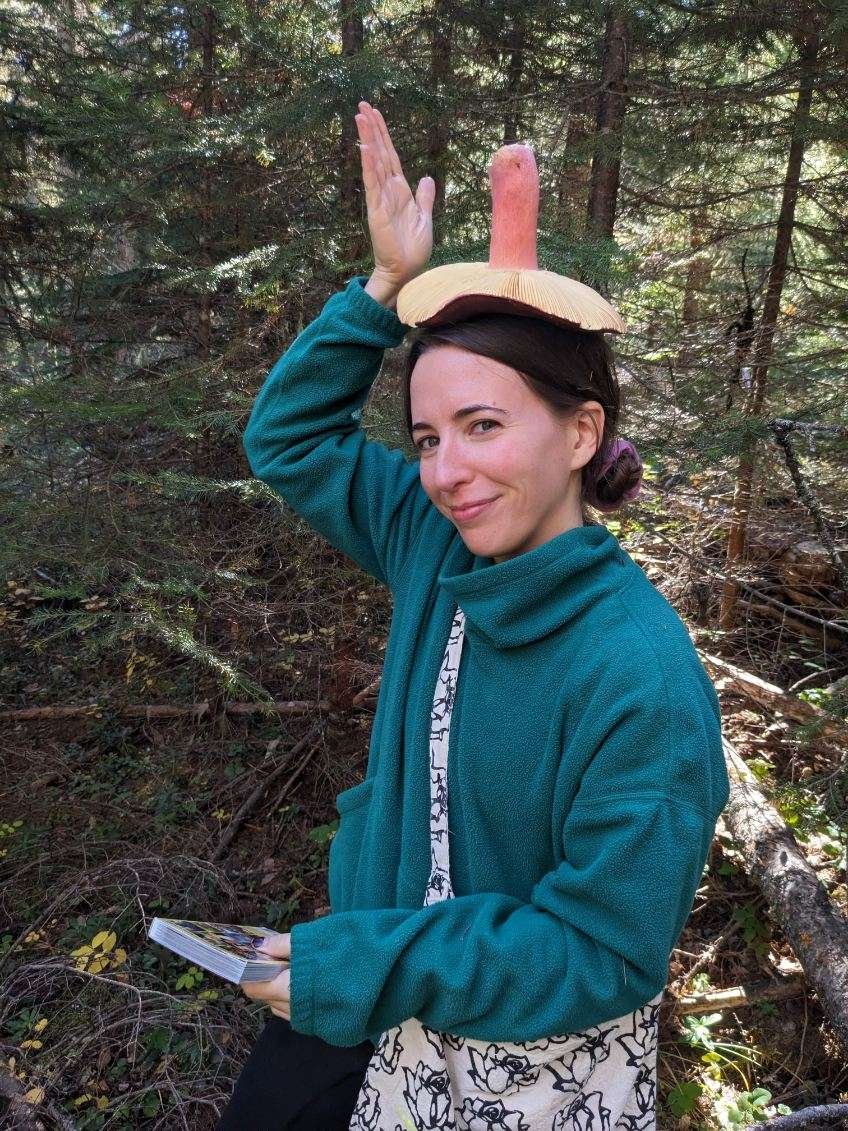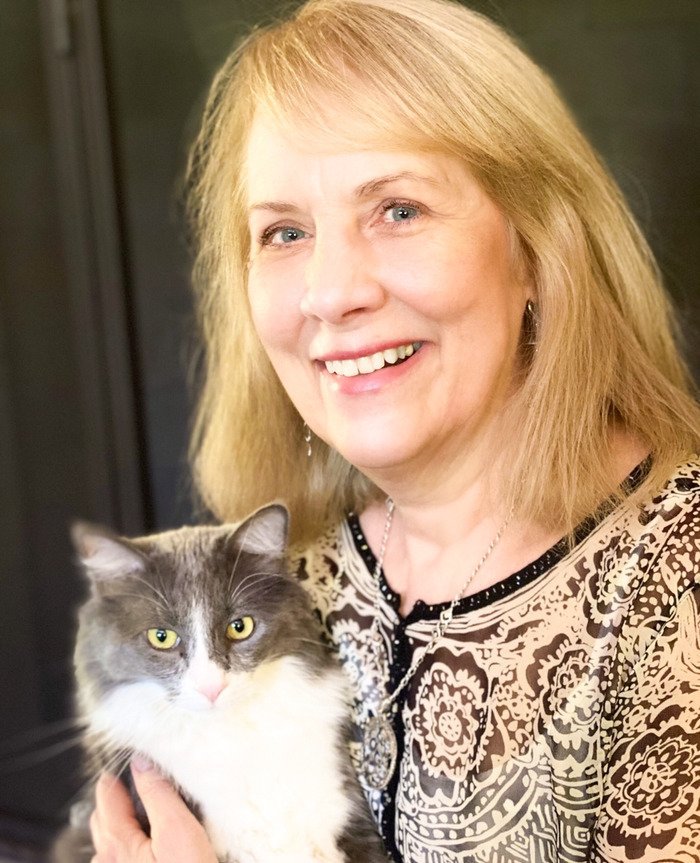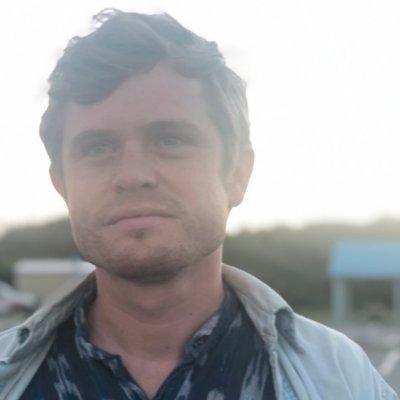MFA Student Spotlight: A Conversation with David Stalling
by Emily Collins
Welcome back to CutBank’s weekly student spotlight where we interview current MFA candidates at the University of Montana. This week’s spotlight is David Stalling, a nonfiction student at work on a memoir about his 1,000 mile three month solo backpack trek from Missoula to Alberta. I recently sat with David where we discussed the wilderness and the writing life.
Emily Collins: What drew you to the MFA in nonfiction program at the University of Montana?
David Stalling: It's something I've considered doing since I graduated from the UM School of Journalism back in 1989. I recently survived a crazy, self-destructive phase in my life and fell apart. As I began to recover, I thought, "Heck, now would be a good time to apply for the MFA program!"
EC: Who are your favorite fiction writers, memoirists, poets, etc.?
DS: I'm 60, so kind of old school I guess. I love John Steinbeck, Mark Twain and Robert Frost. Other favorites, who have influenced me in many ways, include Barry Lopez, John McPhee, Annie Dillard, Ivan Doig, Rick Bass, David Quammen, Edward Abbey and Doug Peacock. Some of the great writers I've "discovered" and enjoyed during my time in the MFA program include Brian Doyle, Ben Marcus, Elizabeth Rush, Natasha Tretheway and, most recently, Kiese Layman.
EC: What are you working on writing-wise and what do you hope to gain during your time at UM?
DS: I'm working on a memoir about a 1,000-mile, three-month, solo backpack trek I went on, from Missoula to Alberta, mostly off trail, through some of the most remote, wild country left in the continental United States, that started as an alternative to suicide, during which I came to terms with being gay. It's tentatively called "Out Into the Wilds: A Gay Marine's Journey to Self Acceptance," and one of the chapters is called "How Grizzly Bears Made Me Gay," . . . so that sums it up. My goal going into this program was to immerse myself in the world of writing and become a better writer. So far so good. I hope.
EC: When you're not writing, what are some of your favorite hobbies, interests, etc.?
DS: I try to spend all the time I can roaming the most remote, wild places I can get to, year round, while I still have the ability to do it. I like to backpack, snowshoe, fish and spend time with my wonderful son, Cory. I have a passion for protecting what little remains of wild places, and a particular passion for wild grizzlies.
EC: When you look back on your journey as a writer so far, what excites you the most?
DS: To be able to share my experiences and passions in a meaningful way that, I hope, might inspire and help others.
EC: Bonus Question: If you could quarantine with any writer throughout history, who would they be and why?
DS: My first thought is Barry Lopez, because he could teach me so much. But Mark Twain would be entertaining. Or, perhaps, Oscar Wilde, because he was brilliant, talented, handsome, gay, single and . . . well, what could potentially happen in quarantine should stay in quarantine.
David Stalling grew up along the coast of Connecticut and earned an associates degree in forestry from Paul Smith’s College in the Adirondack Mountains of New York. After serving in a Marine Corps Force Recon unit, he moved to Montana in 1986 and earned a BA in Journalism at UM. He has worked for the U.S. Forest Service and several nonprofit wildlife conservation organizations, including the National Wildlife Federation and Trout Unlimited, and served two terms as President of the Montana Wildlife Federation where he received the Les Pengelly Professional Conservationist Award. He has won several awards for his writing, and one of his essays was published in the anthology, America’s Best Nature Writing 2000, edited by John Murray.
Emily Collins is the Interviews Editor for CutBank and a MFA in fiction candidate at the University of Montana. Her work has appeared or is forthcoming in New Orleans Review, The Florida Review, The Atticus Review, The South Carolina Review, and others. She’s been nominated for the Pushcart Prize and other anthologies. When she’s not interviewing incredible writers, she enjoys hiking and volunteering.



























